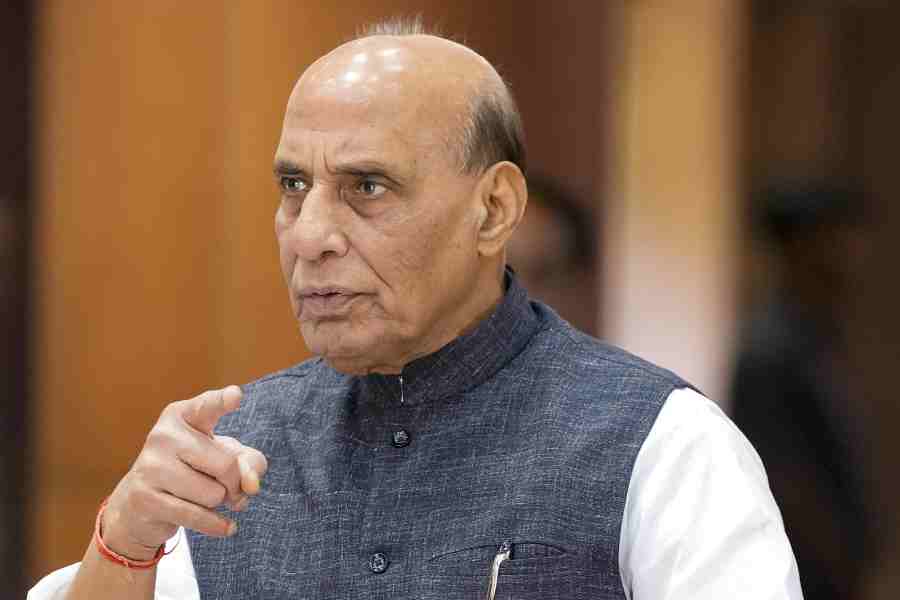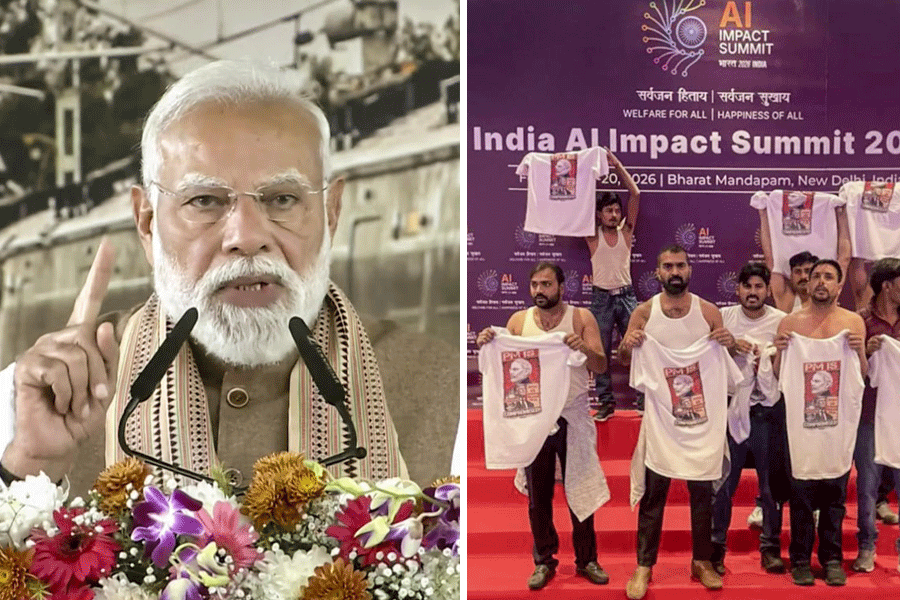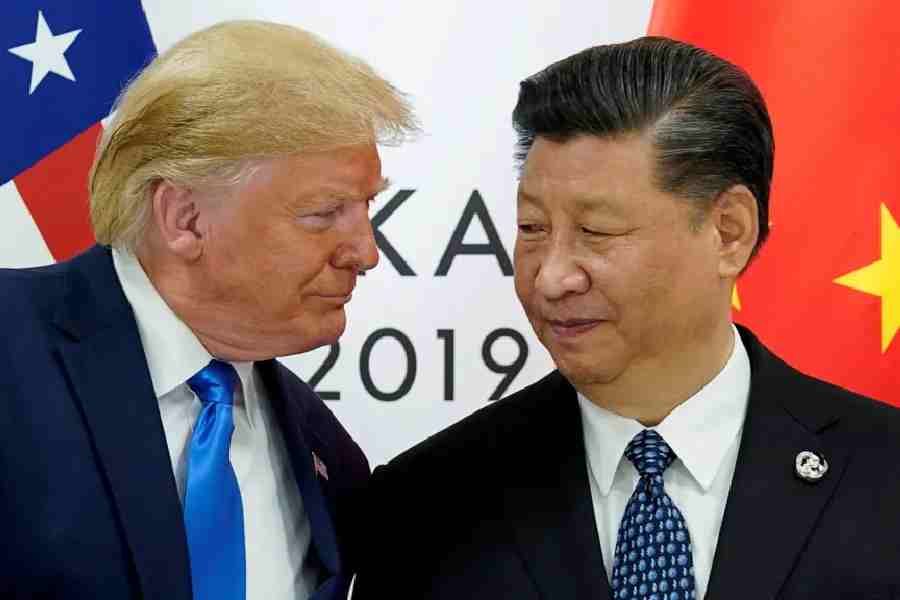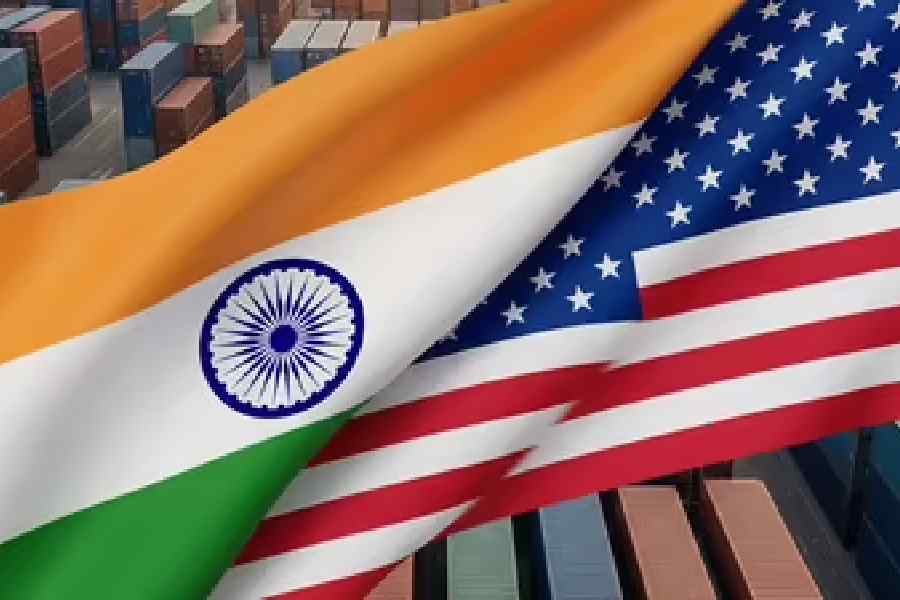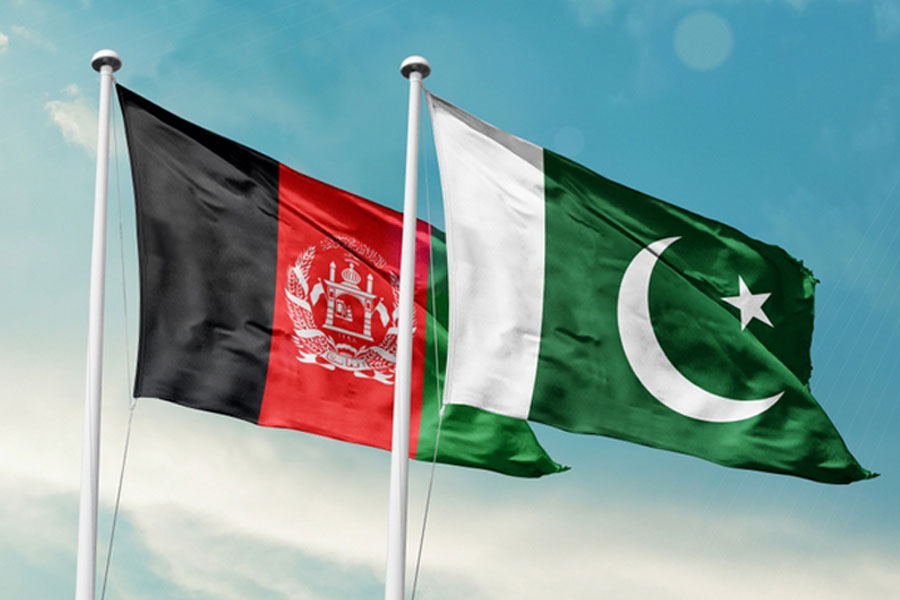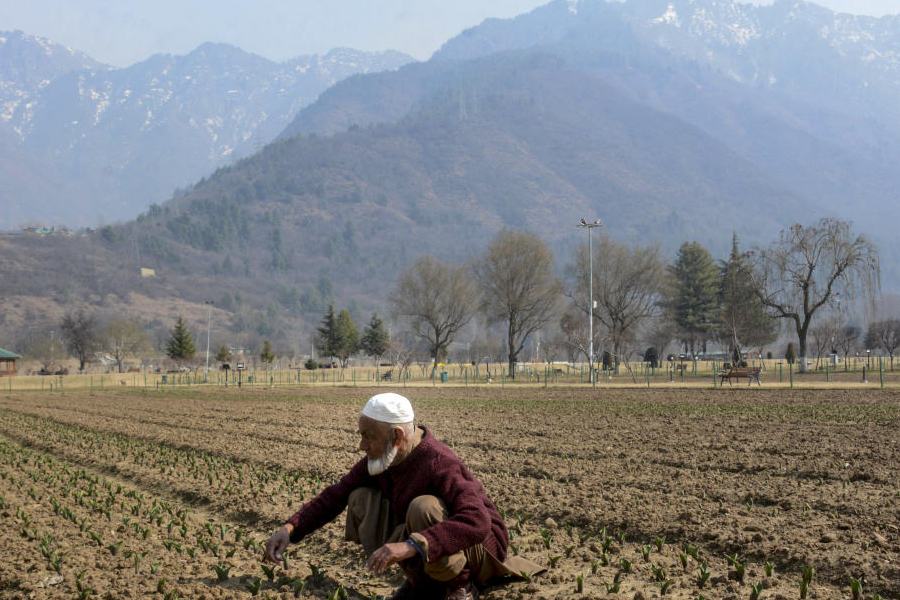Rajnath Singh on Thursday refused to sign the draft statement at the Shanghai Cooperation Organisation defence ministers’ meeting in China because the document made no mention of the Pahalgam terror attack, defence ministry sources said.
The document, however, referred to militant activities in Balochistan and mentioned the recent train hijack in Pakistan, allegedly by the Balochistan Liberation Army. Pakistan has repeatedly accused India of backing the Balochistan freedom movement, a charge New Delhi denies.
Sources said no joint statement could be issued because of the differences on the subject of terrorism.
“We understand that the member countries could not reach consensus on certain issues and hence the document could not be finalised,” India’s foreign ministry said.
“India wanted concerns on terrorism reflected in the document, which was not acceptable to one particular country. As such, the joint statement was not adopted.”
A defence ministry official told The Telegraph: “Defence minister Singh refused to sign the draft statement which represented India’s position on the absence of a common standard for terrorism. The move underscores India’s uncompromising stance against cross-border terrorism.”
India had last week distanced itself from an SCO statement that condemned the recent Israeli attacks on Iran, clarifying that it had not participated in the discussions that led to the statement.
Defence ministers from 10 member countries including India, China, Russia and Pakistan have assembled in Qingdao, China, to discuss regional and international peace and security.
At the SCO meeting, Rajnath asserted that the region’s biggest challenges were “related to peace, security and trust deficit, with increasing radicalisation, extremism and terrorism being the root cause of these problems”.
“Peace and prosperity cannot coexist with terrorism and the proliferation of weapons of mass destruction in the hands of non-state actors and terror groups. Dealing with these challenges requires decisive action. It is imperative that those who sponsor, nurture and utilise terrorism for their narrow and selfish endsmust bear the consequences,” Rajnath said.
Without naming Pakistan, he added: “Some countries use cross-border terrorism as an instrument of policy and provide shelter to terrorists. There should be no place for such double standard. The SCO should not hesitate to criticise such nations.”
Rajnath said India had launched Operation Sindoor in response to the Pahalgam attack, exercising its right to defend itself against terrorism and pre-empt, as well as deter, further cross-border attacks.
“During the Pahalgam terror attack, victims were shot after they were profiled on religious identity. The Resistance Front, a proxy of UN-designated terror group Lashkar-e-Toiba, claimed responsibility for the attack. The pattern of the Pahalgam attack matches with (the) LeT’s previous terror attacks in India,” he said.
“...We have shown that the epicentres of terrorism are no longer safe and we will not hesitate to target them.”
Rajnath said that every act of terrorism was a criminal and unjustifiable act, regardless of its motivation, whenever, wherever and by whomever it was committed. The SCO members must condemn this evil unequivocally, he said.
He urged proactive steps to prevent the growing radicalisation of the youth.
“The joint statement of the Council of SCO Heads of State on ‘Countering Radicalisation leading to Terrorism, Separatism and Extremism’, issued during India’s chairmanship, symbolises our shared commitment,” he said.
The SCO was established in 2001. India became a full member of the regional inter-governmental organisation in 2017 and assumed the rotating chairmanship in 2023. China has assumed the chair for 2025.
Besides India and China, the grouping’s members are Kazakhstan, Kyrgyzstan, Pakistan, Russia, Tajikistan, Uzbekistan, Iran and Belarus.
China bilateral
Rajnath’s visit marked the first by an Indian defence minister to China since the June 2020 Galwan Valley clash in which 20 Indian soldiers and a least four Chinese troopers were killed.
He held bilateral talks with the Chinese defence minister, Admiral Dong Jun.
Sources said the two leaders discussed military communication mechanisms to avoid future border flare-ups. Although no breakthrough was announced, the meeting is being seen as a signal that the option of dialogue remains open despite the current tensions.

